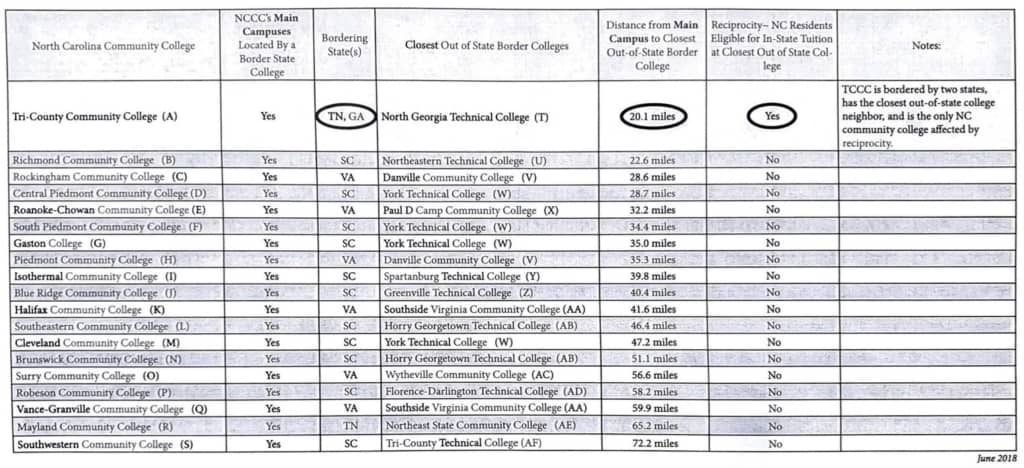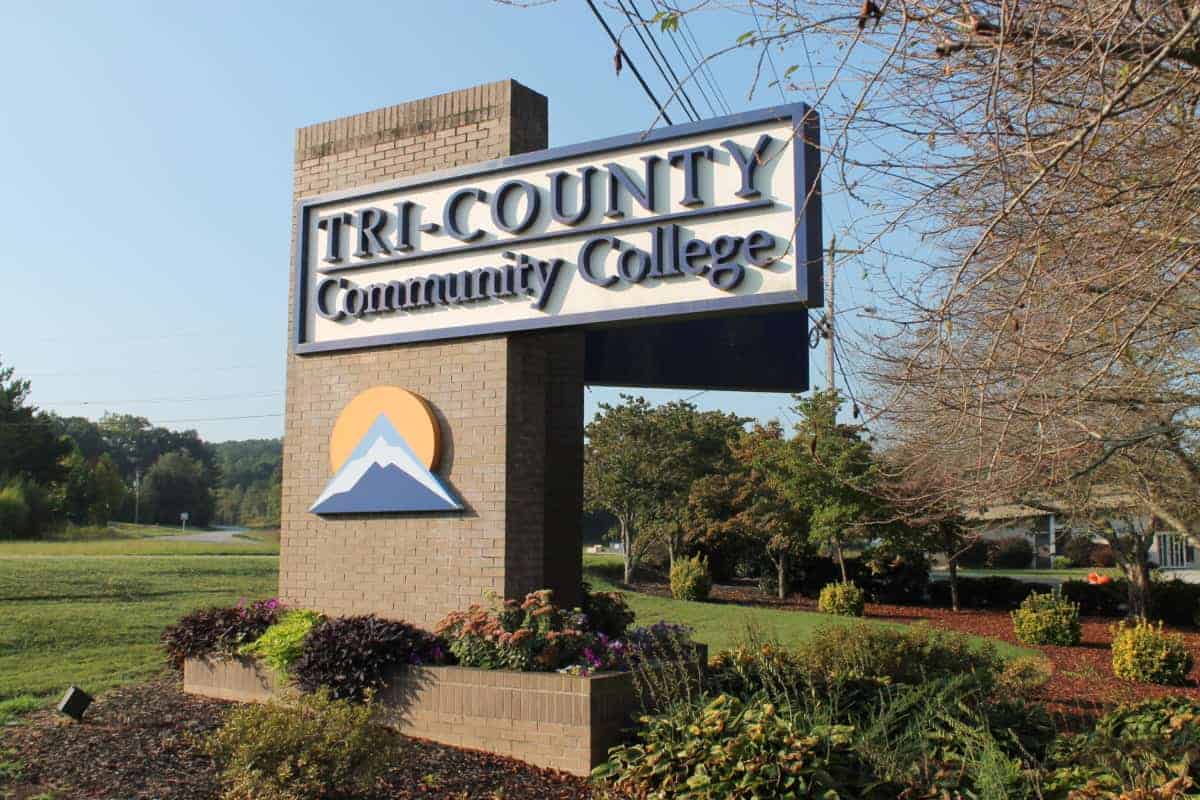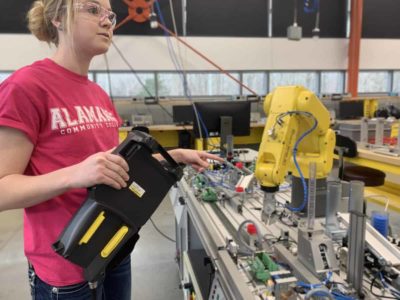In a rather quick move amid avid input from House Education Committee members on Tuesday, Rep. Kevin Corbin, R-Cherokee, pulled House Bill 8 saying his staff will redraft the proposal and present a revision again in a couple weeks.
The bill, which would offer Georgia residents in counties that border Tri-County Community College reciprocal in-state tuition, was voted out of committee and passed the House last session but was never heard on the Senate floor. In re-introducing it, Corbin heard from committee members, including Reps. Linda Johnson, R-Cabarrus, and Jeffrey Elmore, R-Wilkes, who are in favor of adding more community colleges to the proposal and creating a pilot program.
“I wanted to get this done for Tri-County,” Corbin said. “That was my purpose. But, in order to get it passed, it seemed like it had general consensus that if we make it a pilot program that the committee will vote for it.”
Corbin said he believes if he would have pressed for a vote on Tuesday, it probably would have passed. But with committee members’ questions and concerns in its current form, he thought making the change to add schools and create a pilot would give it a better chance for ultimate success.
“I can already tell you there’s a lot of schools that want to do this now,” Corbin said. “The confusion here is because it’s a really good idea and other schools want to do the same because they recognize the fact that the state-line is just an imaginary line.”


The interest from other schools in also offering reciprocity to border state residents was one of the reasons the bill faced challenges last session (the other reason being that legislators felt obligated to spend state taxpayer money on state citizens).
“With all due respect to my colleague, which I know he’s doing the best he can for his district, being on the community college committee since its inception, this was here two years ago and it actually passed with an unfavorable report,” Rep. Mark Brody, R-Anson, said during the committee meeting. “That’s different than a favorable report, which means we did not give a recommendation, but we allowed him to go forward.”
While Brody voiced concern over the cost of adding more community colleges to this bill, he left open the possibility he would consider it under a pilot program scenario.
Despite the turnabout on Tuesday, Corbin stressed the uniqueness of Tri-County Community College’s situation. Located at the southern tip of the Great Smoky Mountains, the topography somewhat isolates North Carolina’s Western-most county from the rest of the state and makes communing with Northern Georgia much easier. Indeed, Tri-County Community College is only eight miles from the Georgia border.
“That part of far Western North Carolina and North Georgia is actually a community together more than that part of North Carolina is a community with other North Carolina communities,” Corbin said. “Those folks shop together, they go to church together, they’re in the same civic clubs and all those kinds of things.”
In addition to proximity to Georgia and commingling with Georgia citizenry, Corbin stressed the fact that the closest Georgia community college — North Georgia Technical College — already offers in-state tuition to North Carolina residents.
“My preference is just to run it as is, obviously that’s the way I wrote the bill,” he said. “But if, in order to get the votes, if I have to make a couple of changes, than so be it.”



